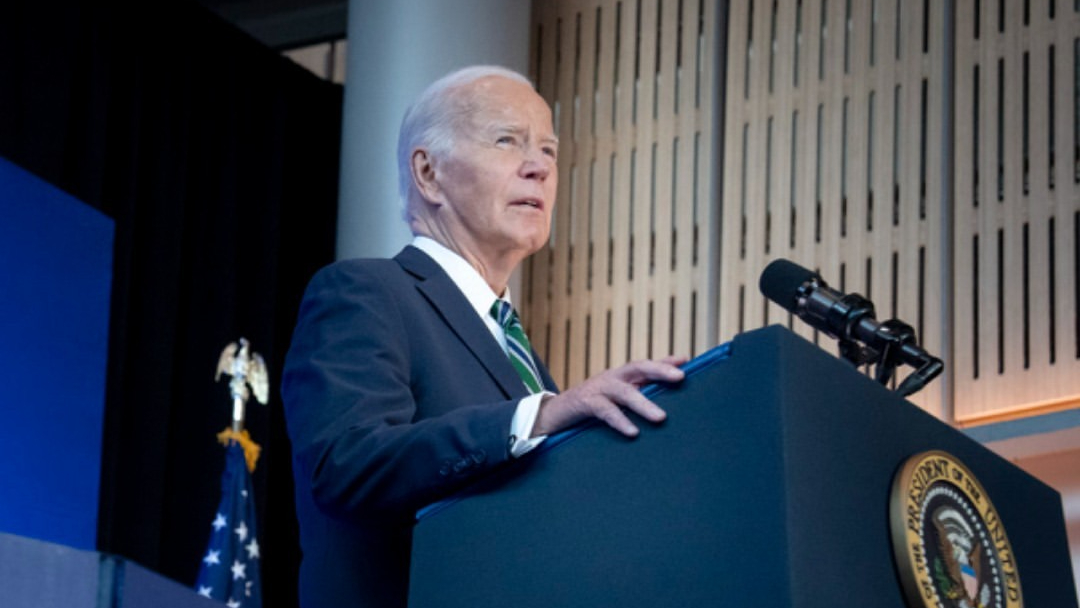U.S. Steel and Nippon Steel File Lawsuits Against Biden Administration Over Blocked Merger
In a high-stakes legal and political drama, U.S. Steel and Nippon Steel have launched lawsuits against the Biden administration, alleging that the decision to block their proposed $15 billion merger was influenced by political motivations. This move has ignited debates over national security, labor politics, and the future of foreign investments in critical U.S. industries.
The lawsuits highlight the tension between preserving domestic industries and embracing globalization, with significant implications for the U.S. steel industry and beyond.
Background: The Blocked Merger
The proposed merger between U.S. Steel, the second-largest steel producer in the U.S., and Nippon Steel, Japan’s largest steel manufacturer, aimed to create a global steel leader. The acquisition promised technological advancements and enhanced production capabilities.
However, the Biden administration blocked the deal, citing national security concerns. President Biden stated that allowing a foreign entity to acquire a major domestic steel producer could weaken U.S. industrial capabilities, compromising the nation’s strength and security.
The Committee on Foreign Investment in the United States (CFIUS), tasked with reviewing the merger, raised concerns over the potential risks of losing a key domestic player in steel production. CFIUS refrained from issuing a recommendation, effectively leaving the decision in Biden’s hands.
Legal Action and Key Allegations
The first lawsuit, filed in the U.S. Court of Appeals for the District of Columbia, alleges that the administration’s decision was driven by political interests rather than national security. U.S. Steel and Nippon Steel argue that the upcoming elections played a pivotal role, with the Biden administration seeking to appease the United Steelworkers (USW) union, a powerful labor group with substantial influence in swing states like Pennsylvania.
In their filing, the companies claim, “The administration’s review process was weaponized to fulfill political commitments made to USW leadership.”
A Second Legal Front
In a separate lawsuit filed in the U.S. District Court for the Western District of Pennsylvania, U.S. Steel and Nippon Steel accuse Cleveland-Cliffs, a domestic steel rival, and USW President David McCall of colluding to obstruct the merger.
According to the lawsuit, Cleveland-Cliffs pursued its own acquisition of U.S. Steel and, when unsuccessful, partnered with the USW to undermine Nippon Steel’s bid. The companies describe this alleged coordination as an “illegal antitrust conspiracy,” involving misinformation and undue pressure tactics. Cleveland-Cliffs CEO Lourenco Goncalves has also been named in the suit.
In response, McCall reaffirmed the USW’s support for the Biden administration’s decision and dismissed the allegations as baseless.
The Political and Economic Context
The case comes at a politically sensitive time, with Pennsylvania—a key swing state in national elections—playing a central role. The USW, which represents over 1.2 million members, has significant influence in the region and has been a vocal opponent of the merger, citing concerns over job security and the erosion of domestic industrial capacity.
Critics argue that the Biden administration’s move aligns with a broader protectionist agenda, designed to bolster support among unionized workers and industrial voters. However, this protectionist stance has drawn criticism from global business leaders, who warn it may deter foreign investment and innovation.
Stock Market Reaction
Despite the controversy, financial markets have shown resilience. On Monday morning, shares of U.S. Steel rose by nearly 4% in pre-market trading, while Cleveland-Cliffs experienced a similar increase. This positive response indicates investor confidence in the companies’ ability to navigate the legal and political hurdles.
Implications for the Steel Industry
The blocked merger has significant consequences for the steel industry and related sectors. Supporters of the deal argue that Nippon Steel’s advanced technologies could have enhanced U.S. Steel’s competitiveness, fostering innovation and efficiency in the global market.
On the other hand, critics assert that preserving domestic ownership of critical industries is essential for national security and economic stability. The administration’s decision reflects a broader strategy to prioritize domestic production and labor interests.
Related: Biden Blocks Nippon Steel’s $14.9 Billion Bid for US Steel, Citing National Security Concerns
Related: Biden to Decide on $15B Nippon Steel Acquisition of U.S. Steel
The Path Forward
The lawsuits filed by U.S. Steel and Nippon Steel are poised to set a precedent for future foreign acquisitions of U.S. companies. If the courts side with the steel giants, it could challenge the administration’s authority to block mergers under the guise of national security.
However, the Biden administration’s defense is likely to resonate with policymakers and unions, emphasizing the importance of safeguarding domestic industries in a volatile global landscape.
Related: U.S. Steel, Nippon Claim Biden Violated Constitution in Lawsuit Over Blocked Deal
The legal battle between U.S. Steel, Nippon Steel, and the Biden administration underscores the complexities of balancing economic globalization, labor interests, and national security. As the case unfolds, its outcome will shape the future of industrial policy, foreign investment, and labor relations in the United States.









